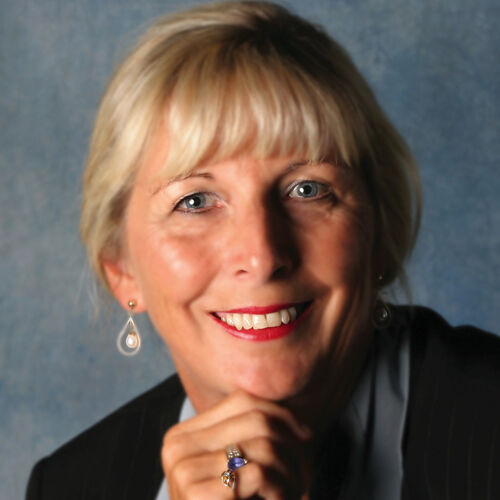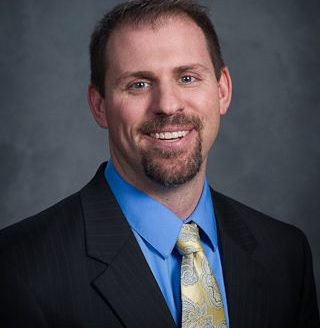When Tom Vilsack was first named to be secretary of agriculture during President Barack Obama’s administration, he worked hard to address concerns from small and mid-sized farmers about industry consolidation and the lack of competition among agribusinesses. He held countless listening sessions around the country and a series of workshops with Attorney General Eric Holder, focusing on margins in the ag supply chain.
Those concerns have not gone away, much to the dismay of several small farm and environmental advocates who sometimes accuse the secretary with being too cozy with bigger farmers and agribusinesses. But Vilsack seems to have honed his messaging to focus on bringing new income streams to smaller farmers and ranchers, while recognizing that some of the biggest and most productive operations are still needed.
In recent speeches, Vilsack has reiterated his broader vision for lifting up the agricultural economy with his familiar refrain of “more, new and better markets” to boost producer profitability. He’s described it as “a framework that we can get behind,” and it’s generating kudos—even from some farmers who live in the brightest of politically red rural America.
“I’ve dedicated most of my life to trying to figure out ways in which we can increase income and opportunities for farmers,” Vilsack recently told delegates attending the Pork Industry Forum in Orlando, Florida.
“I absolutely understand the necessity and importance of having large scale commercial operations….the folks who sell million dollars of product every single year. Why? Because we need the productivity and so does the rest of the world.” But he added, “I don’t think it’s mutually exclusive.
“If you’re a smaller or midsize producer, where you’re selling less than $350,000, or less than a million dollars a year, the Department of Agriculture ought to be about keeping you in business too,” he added.
The secretary noted that, when most people talk about farm profitability, there is a focus on reducing costs, and he understands that. However, he wants to also focus on increasing income from streams like value-added agriculture, climate-smart efforts, or the broader use of local and regional marketing.
“If you make more than $1 million gross income, you’re going to be probably OK,” Vilsack said. “But if you’re not making money, and you’ve got to work a second job, a third job, to do what you love to do … we can do better. You know we can do better.”
Vilsack highlighted efforts to expand meat-processing facilities, by investing “tens of millions of dollars” in existing processing facilities and enabling them to sell across state lines to expand marketing opportunities. He also cited investments in warehousing, cold storage and mobile slaughter units.
“We’ve announced 30 projects to date, with grant money and resources being provided, under the American Rescue Plan to build out independently-owned, farmer-directed farmer-operated processing,” he noted. A $25 million Meat and Poultry Processing Expansion Program grant, awarded to Wholestone Farms in Fremont, Nebraska, became the 31st announcement while Vilsack was attending the forum. He said the U.S. Department of Agriculture would have a second wave of grant resources and applications that will be received for equipment facilities and fulfilling facilities later this year.
While most of Vilsack’s pitches focus on domestic markets, he also discussed trade and the overall importance of keeping the rural economy growing.
Vilsack said enforcing existing trade agreements is important for building public support for Trade Promotion Authority and, eventually, new trade agreements.
“We have to rebuild trust around the country in trade,” he told the Pork Industry Forum delegates. “The way you do that is by enforcing the trade agreements you have,” he explained, while pointing to U.S. actions to begin consultations with Mexican officials on their biotech corn ban.
“Clearly, what the president of Mexico has done is not based on science itself. It’s not consistent with USMCA, it’s not consistent with what the rest of the world knows about biotechnology,” Vilsack said. “We have a responsibility not to wink and nod, but to basically stand up to that principle.”
Vilsack also highlighted the importance of farmers and their contributions to national security.
“As important as defense is, so is what you all do. Because you make us a food secure nation.”
He explained that “as a food secure nation, we are a much stronger, more powerful, protected nation than China, which has lots of missiles but doesn’t have enough food.”
Editor’s note: Sara Wyant is publisher of Agri-Pulse Communications, Inc., www.Agri-Pulse.
Sign up for HPJ Insights
Our weekly newsletter delivers the latest news straight to your inbox including breaking news, our exclusive columns and much more.


